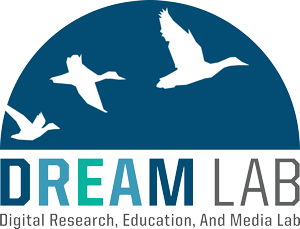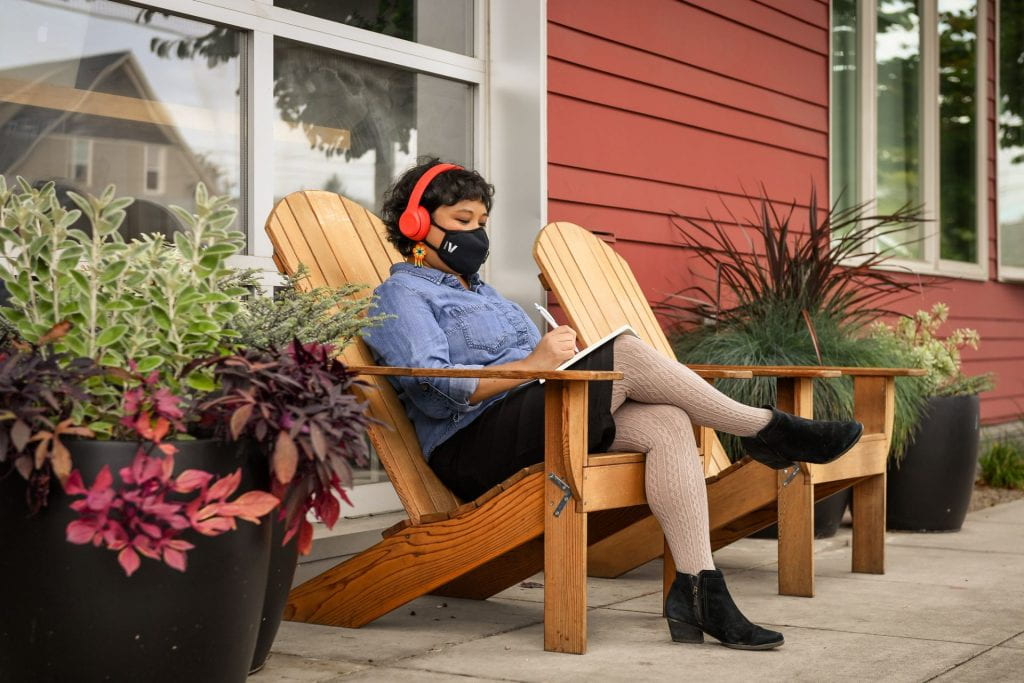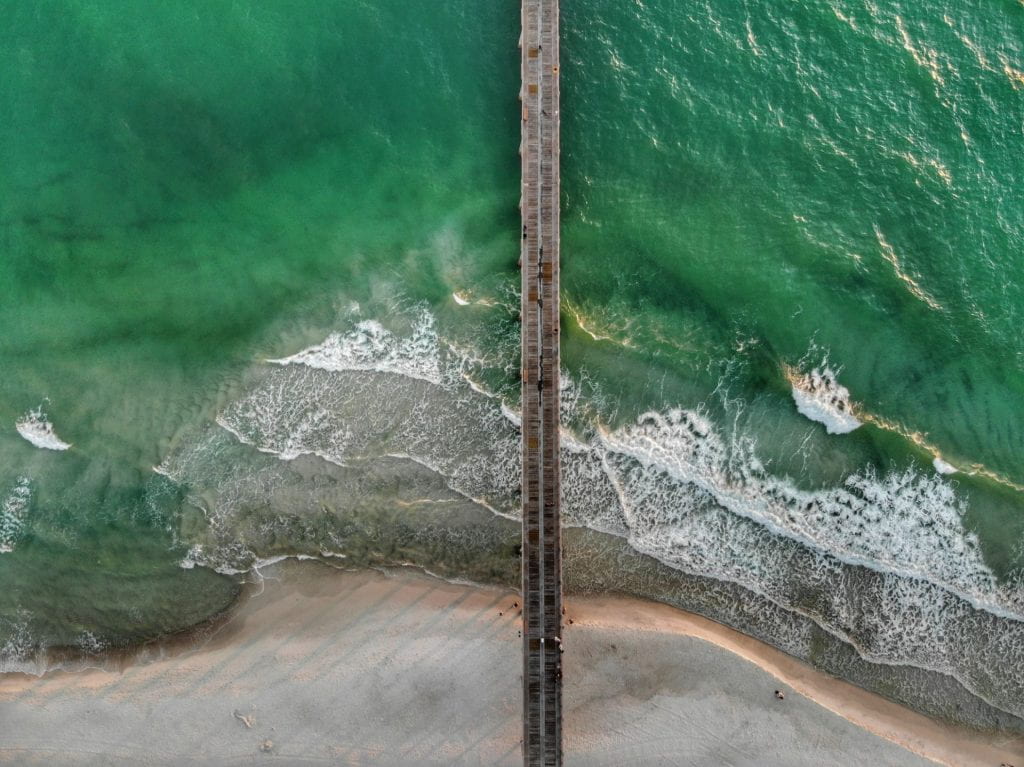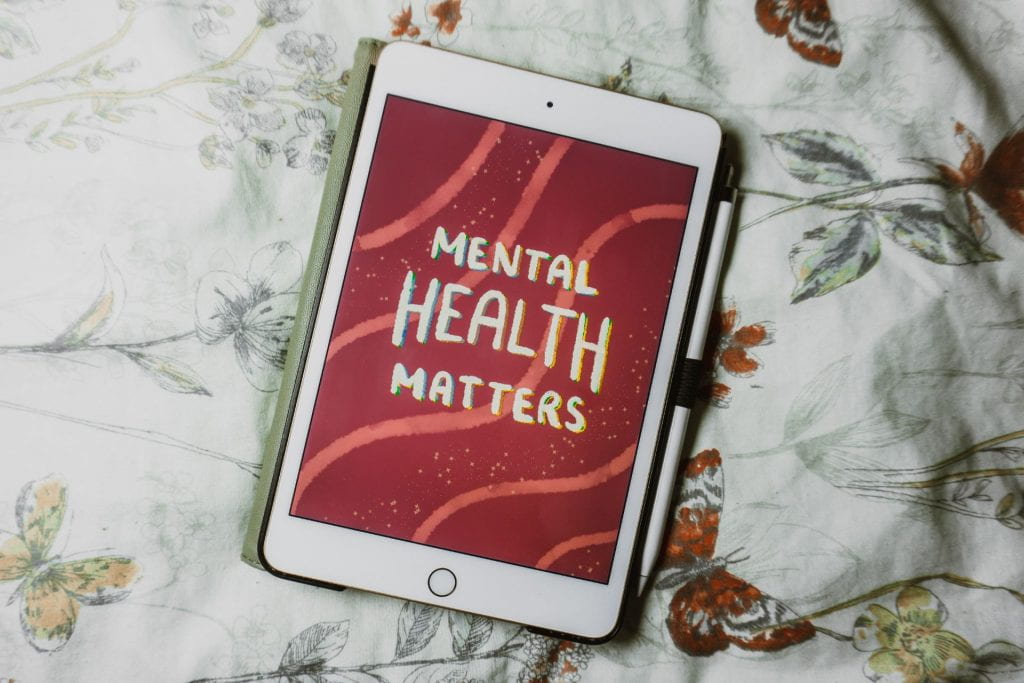Blog post is by Leia Lynn, Digital Scholarship Services Intern
In my short time as a library and information science graduate student intern with UO Libraries Digital Scholarship Services Department—just 10 weeks, working remotely from Denver, Colorado—I feel like I have learned quite a lot about how to apply my knowledge and experiences about text mining and corpus analysis. It has been fun to create something for teaching and see how others interact with it, and to incorporate their experiences and expertise where they mesh with mine. I came in knowing about text mining and tools, but I will leave knowing how to impart my knowledge more effectively to others via synchronous and asynchronous content.
My two goals for this internship were :
- Create modules in Canvas that learners of any proficiency level could use to learn text mining and corpus analysis (asynchronous content); and
- Teach a workshop to get real-time experience with digital pedagogy (synchronous content).
Both of these goals were met: the finished Canvas modules are available via a CC BY-NC license for open use by anyone with web access, and the OCR workshop taught on October 27 was engaging and, at least for me, very fun. The Canvas modules are meant for people new to text mining and corpus analysis and can be accessed through Instructure.com — the free version of Canvas and my lesson plan is available for anyone interested in reading or reusing the lesson plan I designed for a 1-hour online workshop.
Getting to interact with learners in real time and being able to receive and incorporate feedback on the spot was valuable experience for me. Both the workshop and the Canvas mini-course align with UO’s digital scholarship goals, and will support scholars who want to do OCR and/or text mining and corpus analysis work. Connecting people with tools and methodologies they can use, and making those tools more accessible in order to facilitate their use in scholarship, is very exciting for me. I also got to work closely with two librarians Rayne Vieger, OER and E-Learning Librarian, and Kate Thornhill, Digital Scholarship Librarian, to enhance both instruction objects. They taught me not just about instructional design for digital tools and methods, but about web accessibility. I learned how to format pages on the web to make it easier for readers, how to go from an idea to a finished digital project (in more than one modality!), and how to ask for and incorporate feedback. Online design is a new area to me, and having the support of experienced digital scholarship librarians and instructional design librarians as I learned about how to effectively create and refine a Canvas mini-course will inform how I approach any digital design and teaching as I go forward.
Photo by Patrick Tomasso on Unsplash





